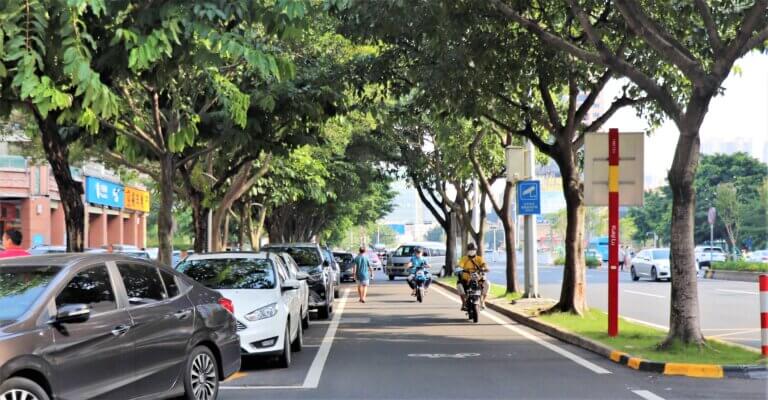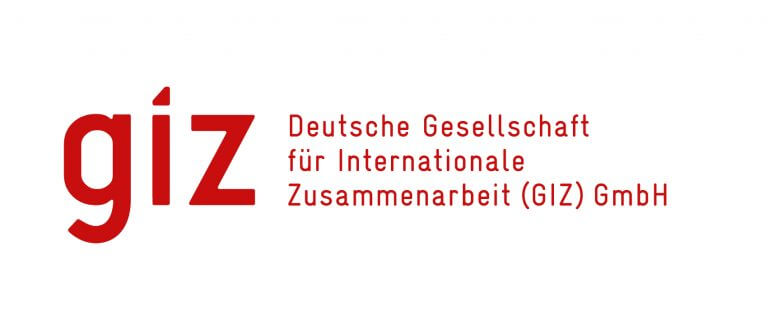1. November 2021
On 28 October 2021, three days ahead of the 26th UN Climate Change Conference of Parties (COP26), China submitted its updated Nationally Determined Contributions (NDCs) to the United Nations Framework Convention on Climate Change (UNFCCC).









